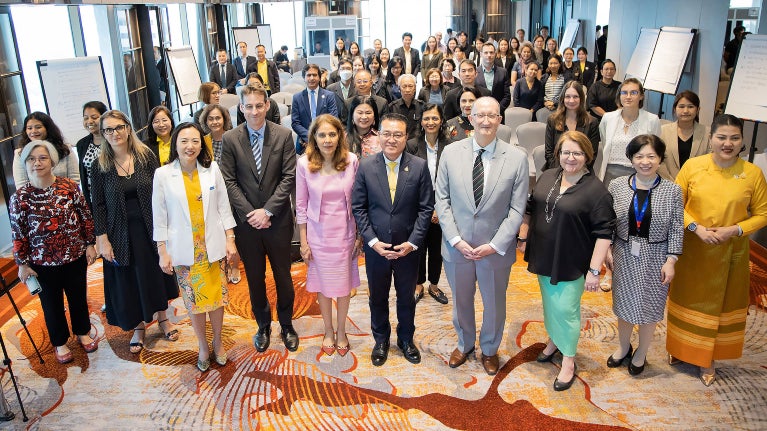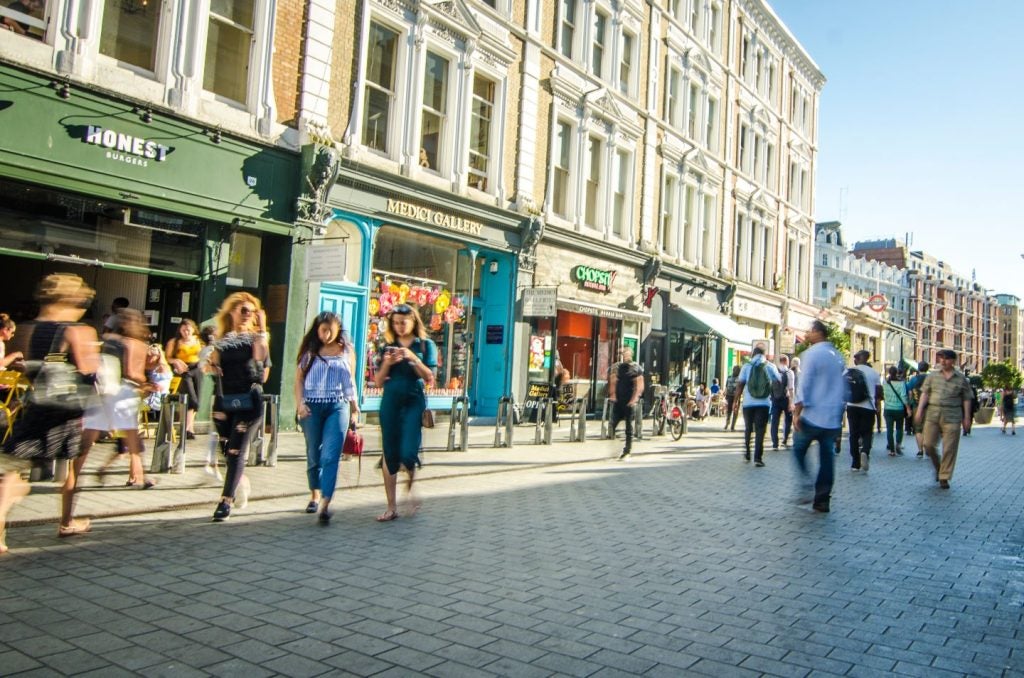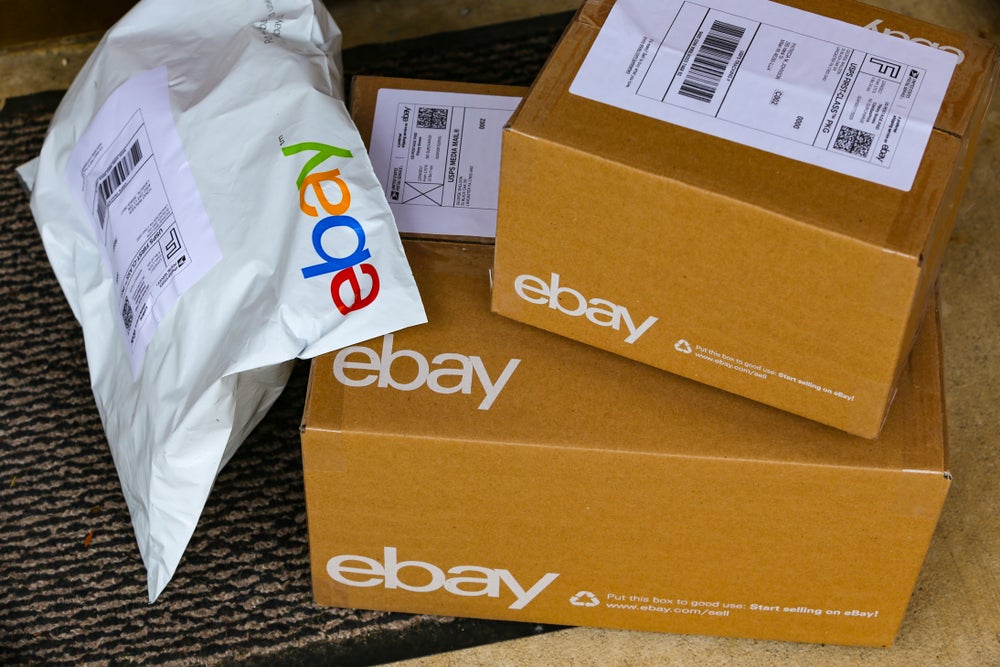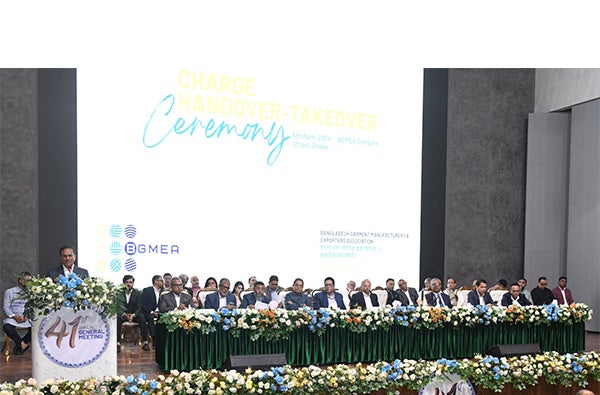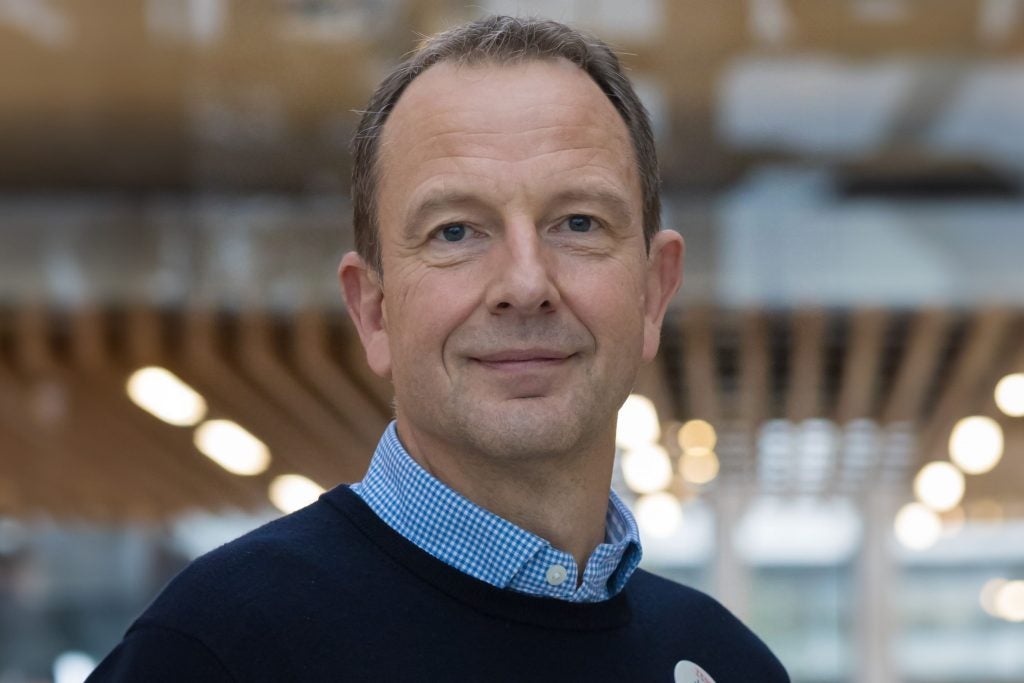The Protect initiative aims to strengthen the rights of women migrant workers, children, and at-risk groups in Cambodia, Indonesia, Malaysia, and Thailand.
The three-year project will promote decent work and reduce the vulnerabilities of those at risk by ensuring labour rights, preventing, and responding to violence against women and children, human trafficking and migrant smuggling.
It builds on the results and lessons learnt from two earlier EU-funded projects: ‘Safe and Fair: Realizing women migrant workers’ rights and opportunities in the ASEAN region’, and ‘Protecting Children Affected by Migration in Southeast, South and Central Asia’ implemented by UNICEF from 2018 to 2022.
There are 10.6 million migrants in the Association of Southeast Asian Nations (ASEAN) region, of whom nearly half are women and 1.3 million are children.
Migrants, especially those in low-wage occupations, are said to face many challenges including labour exploitation, human trafficking, violence and harassment. Women migrant workers are also more likely to end up in informal sectors where they are offered temporary jobs and little to no social protection. Children accompanying migrant workers face a high risk of abuse, exploitation and trafficking as well as inadequate access to child protection services.
The Protect project is being implemented by four UN agencies namely the International Labour Organization (ILO), United Nations Entity for Gender Equality and the Empowerment of Women (UN Women), United Nations Office on Drugs and Crime (UNODC), and United Nations Children's Fund (UNICEF).
The agencies will work with relevant stakeholders in four South East Asian countries to strengthen laws and policies, improve capacities and mechanisms to better protect target groups’ rights and increase access to information and services.
Gita Sabharwal, the UN Resident Coordinator said: “This joint EU-UN initiative will be crucial to advancing our common goal of protecting vulnerable migrant women and children. This is critical as nearly half of all migrant workers in the region are women while another 1.3 million are children. Safe migration with decent work enriches ASEAN by promoting sustainable growth and raising living standards for millions of households, especially the most disadvantaged. Equally important is to bring the private sector into dialogues on human rights due diligence. This enables the creation of safe and decent workspaces with an emphasis on women, especially in industries where they are at risk of exploitation.”
Alia El-Yassir, UN women regional director for Asia and the Pacific said: “Addressing the pervasive issue of violence and harassment against women migrant workers in Southeast Asia is imperative. Through this joint project, we will continue to champion their rights, safety, and dignity, working towards a future where all women migrants can live and work free from fear and exploitation.”
Debora Comini, UNICEF regional director for East Asia and the Pacific added: “Children on the move are incredibly vulnerable, especially in the context of labour migration. They risk exploitation, abuse and violence; they are deprived of access to education, health, and social protection. Migration policies and practices must be child-sensitive and uphold the rights and best interest of every child, regardless of their migration status.”


